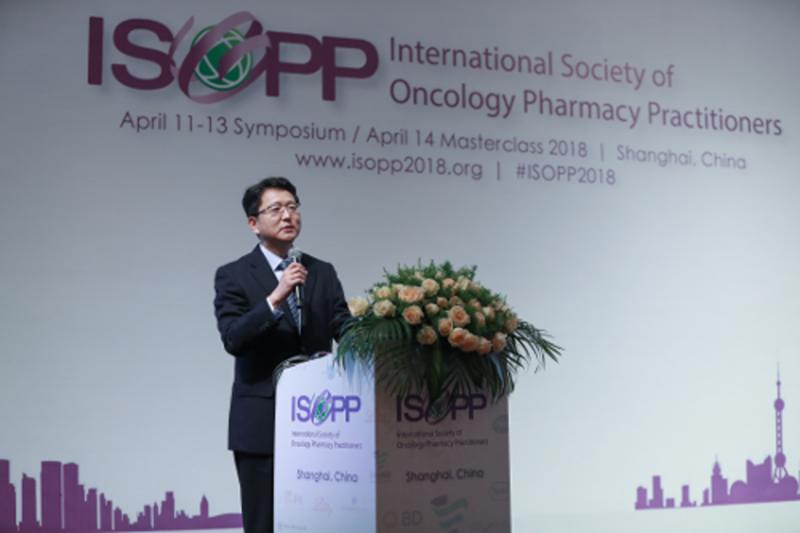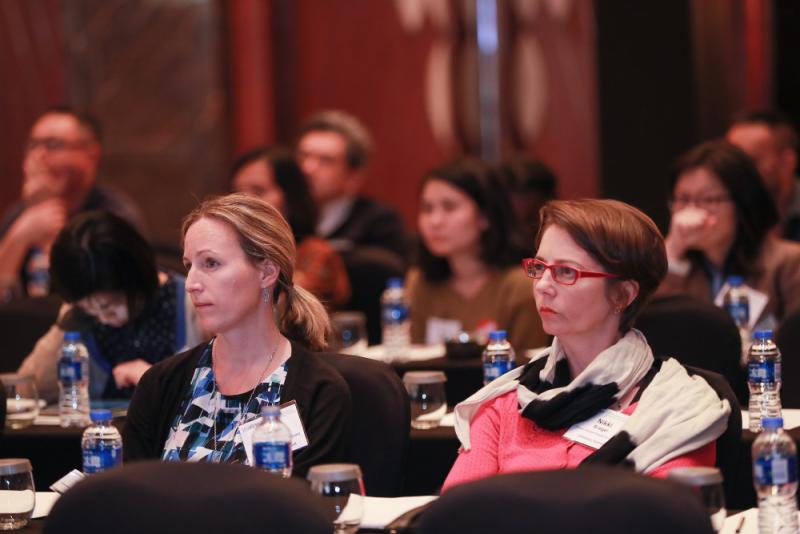By Toh Yi Long
My first ISOPP experience in Shanghai was an eye-opener and I got to learn a lot about oncology pharmacy. Besides that, I thought what stood out was the session on Chinese medicine in cancer treatment, given how the theme aligns with the venue of the symposium. Associate Professor Meng Gang was the invited speaker from Fudan University Shanghai Cancer Centre and he began the talk by introducing the elements which constitutes traditional Chinese medicine (TCM), in the following five areas of: herbal medicine, acupuncture, massage, moxibustion and exercise (such as Taiqi). Compared to the Western evidence-based approach, diagnostic criteria and symptom management; the Chinese’s approach uses decoctions, often from a mixture and combination of herbs for syndrome-specific identification and individualise their treatment to tackle “the root cause” of the problem. The Chinese believe that the relationship with other organs need to be considered and place emphasis on circulation of “qi”, the energy flow or physical life force which helps to maintain blood circulation.
While the effectiveness and safety of TCM use has not been established due to a common lack of robust study designs, it is understood that many Asian patients consume TCM and or complementary alternative medicine on their own accord, some without knowledge of their primary physicians, for improving their general health or as supplements. This belief commonly stems more from how these herbs have traditionally been used with a long history and how TCM is ingrained in culture as a “natural and safe” remedy. Some cancer patients may want to explore alternatives when they do not see immediate success with conventional chemotherapy despite how their western doctors may discourage patients to use TCM due to concerns of drug-drug interactions or unknown herbal interactions with treatment. Such concern is valid, and it might be good advice not to overlap the two different treatment approaches together.
Given our limited knowledge of how TCM works, some from anecdotal evidence, we can perhaps look forward to the time when well-designed experimental studies can enhance our understanding of the herbs and its mechanism of action. In study designs, placebo-effects will have to be controlled and herbal preparation to be tested should undergo tests for standardization and quality. I thought it was especially fascinating to learn from Professor Meng’s research how the “skin glands of a toad” (otherwise known to the Chinese as chan-su) was reported to found to be able to treat infection. This brings in mind the malaria research conducted by Mdm Tu Youyou who is a Nobel laureate in medicine. From the Chinese reference texts, she discovered an extract from qinghaosu or artemisinin, and studied its chemical structure and pharmacology. Her breakthrough discovery was eventually used to treat malaria and serves as an example of how TCM can be applied to modern day pharmacotherapy successfully. While there may be difficulty in finding candidate drugs by pharmaceutical companies, there may be promising leads for potential treatments from all the years of herbal remedies used.
Perhaps, TCM can have a role in complementing conventional medicine, if used wisely. I would highly recommend like-minded pharmacists to join ISOPP to hear more of such stories. The symposium provides a great platform for exchange of ideas and practice in different countries, in which we can borrow and share experiences with one another.
 |
 |
| Prof.Meng at ISOPP2018 | During the Presentation of Prof.Meng |
